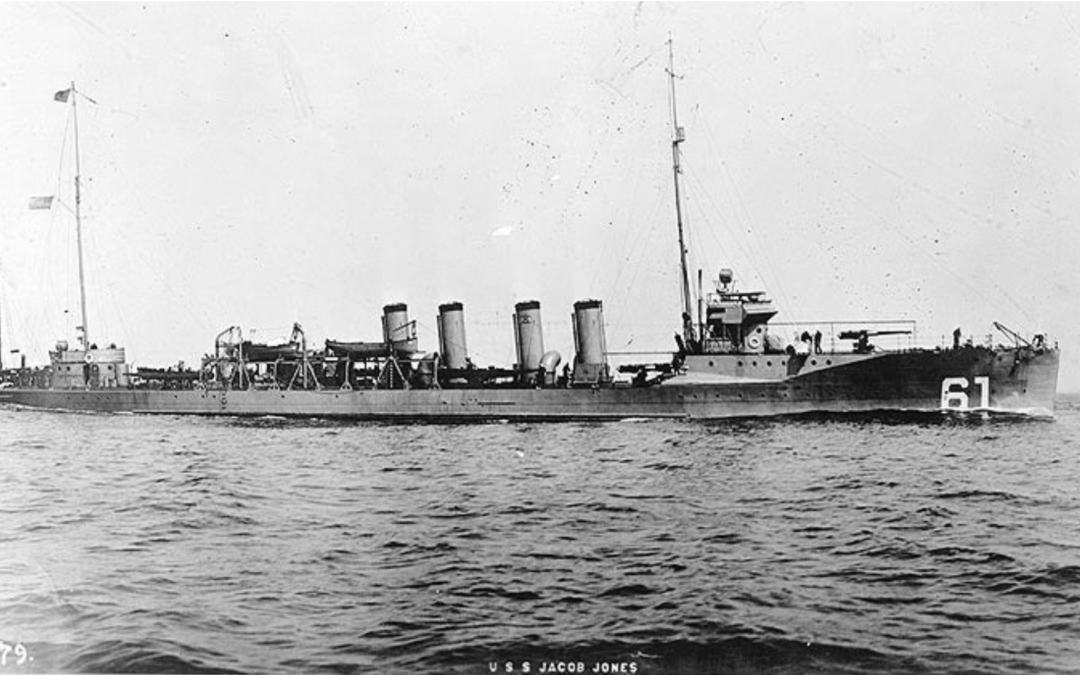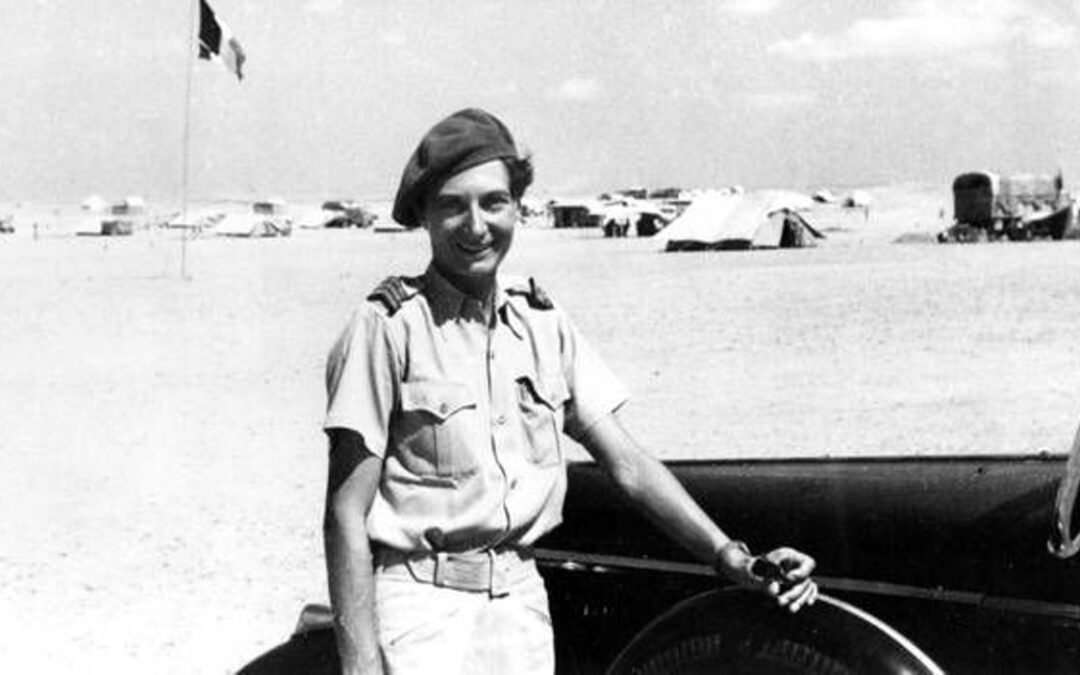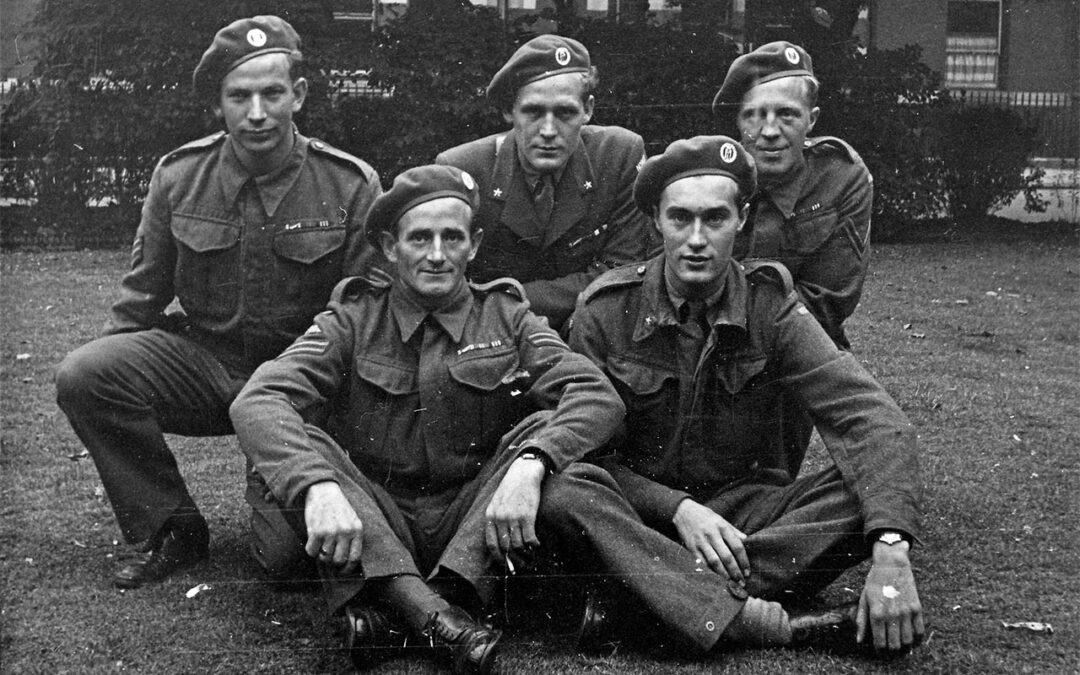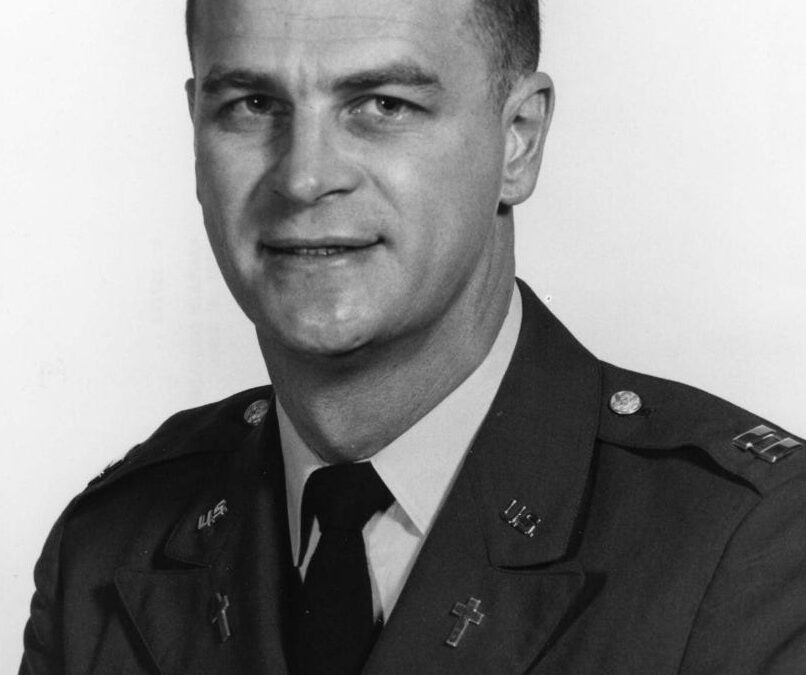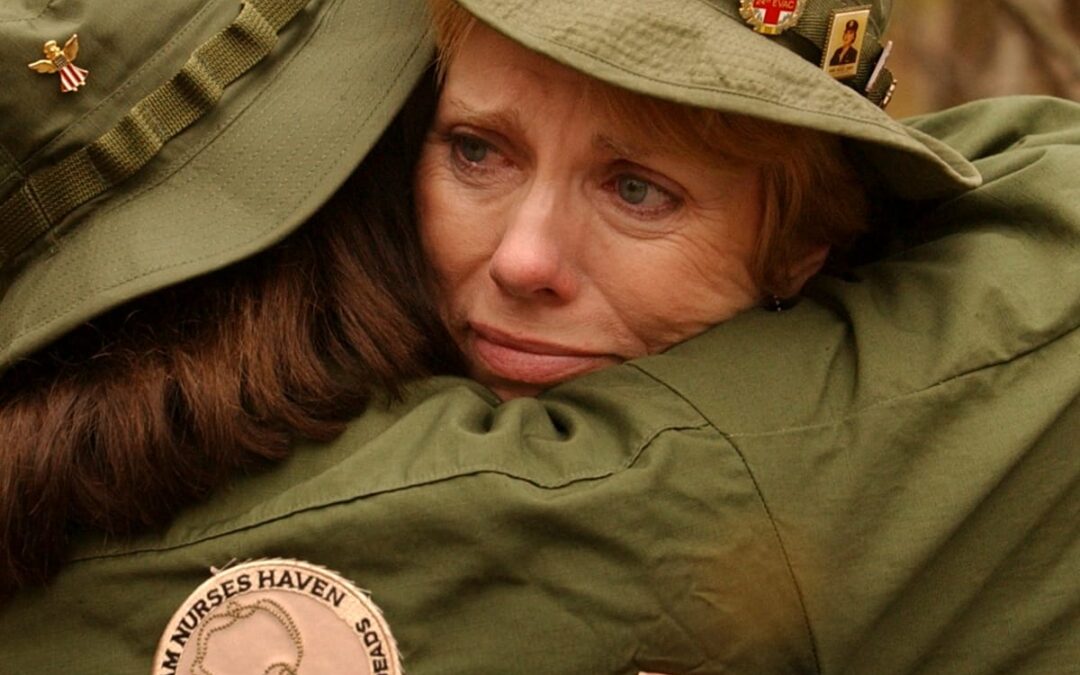Just 40 miles off the coast of the Isles of Scilly, in the southwest of England, a team of expert divers located the wreck of the USS Jacob Jones (DD-61). The Tucker-class destroyer was built prior to WWI and was sunk on December 6, 1917, by a German submarine. Of her crew of seven officers and 103 men, 2 officers and 62 men lost their lives according to the U.S. Navy’s Naval History and Heritage Command. The Jacob Jones was the first American destroyer lost to enemy action. On April 6, 1917, when America declared war on Germany, the USS Jacob Jones was on patrol off the Virginian coast. The next month, on May 7, she set sail for Europe. Ten days after departing her homeport of Boston, Jacob Jones arrived in Queenstown, Ireland and began patrol and convoy escort duties in British waters. Throughout 1917, Jacob Jones conducted several notable rescues. On July 8, the new rescued 44 survivors from the British ship Valvetta when she was sunk by a U-boat. That same month, she rescued...
